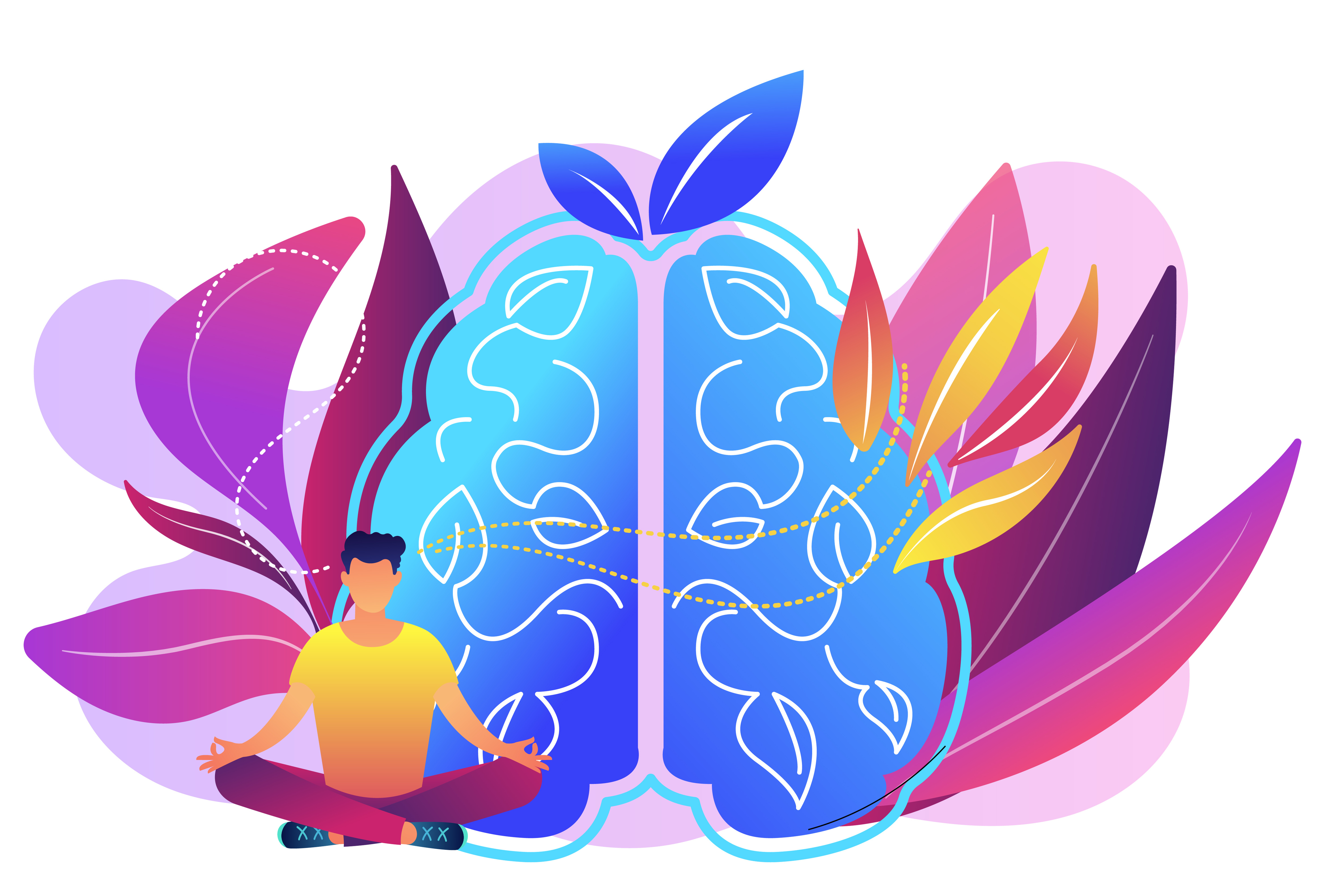“People with epilepsy often face stigma that can cause them to feel different than others due to their own health condition and that can have a significant impact on their quality of life,” said study author Manjari Tripathi, MD, DM, of All India Institute of Medical Sciences in New Delhi. “This stigma can affect a person’s life in many ways including treatment, emergency department visits and poor mental health. Our study showed that doing yoga can alleviate the burden of epilepsy and improve the overall quality of life by reducing this perceived stigma.”
The study
This study involved 160 people with epilepsy with an average age of 30 years old. The participants experienced on average one seizure per week and took at least two anti-seizure medications. Participants were asked a range of questions about how they felt about the disease to measure the stigma they felt. Participants were randomly placed into one of two groups, either a yoga therapy group or a sham yoga group as controls. Each group received 7 supervised group sessions of 45 minutes to an hour over three months, and they were asked to practice sessions at home at least five times a week for 30 minutes. Participants tracked yoga sessions and seizures in a journal for the study period, and after the three months, they were tracked for another three months.
Those in the yoga therapy groups were instructed on exercises in loosening muscles, breathing, meditation, and positive affirmations. Those in the sham yoga control group were instructed on exercises that mimic the same yoga exercises, but they were not given instructions on two key components of yoga believed to induce a relaxation response: slow and synchronized breathing, and attention to the body movements and sensations during practice.
The findings
Compared to the control group those in the treatment group were more likely to reduce any feelings of stigma that they had about the disease. Those in the treatment group had an average score of 7 at the beginning of the study and ended with an average score of 6, while the control started with an average score of 6 and ended the study with an average score of 7.
Those in the treatment group were found to be more than four times as likely to have more than a 50% reduction in the frequency of their seizures after six months than those in the control group. Those in the treatment group were also found to be more than 7 times more likely to no longer be experiencing seizures than those in the control group.
Additionally, those in the treatment group experienced significant decreases in their symptoms of anxiety compared to those in the control group, reporting improvements in their quality-of-life measures and mindfulness.
“These study findings elevate the need to consider alternative therapies and activities for people with epilepsy facing stigma,” said Tripathi. “Yoga may not only help reduce stigma, but also improve quality of life and mindfulness. Plus, yoga can be easily prerecorded and shared with patients online using minimal resources and costs.”
As with anything you read on the internet, this article should not be construed as medical advice; please talk to your doctor or primary care provider before changing your wellness routine. This article is not intended to provide a medical diagnosis, recommendation, treatment, or endorsement. Additionally, it is not intended to malign any religion, ethnic group, club, organization, company, individual, or anyone or anything. These statements have not been evaluated by the Food and Drug Administration.
Content may be edited for style and length.
References/Sources/Materials provided by:




